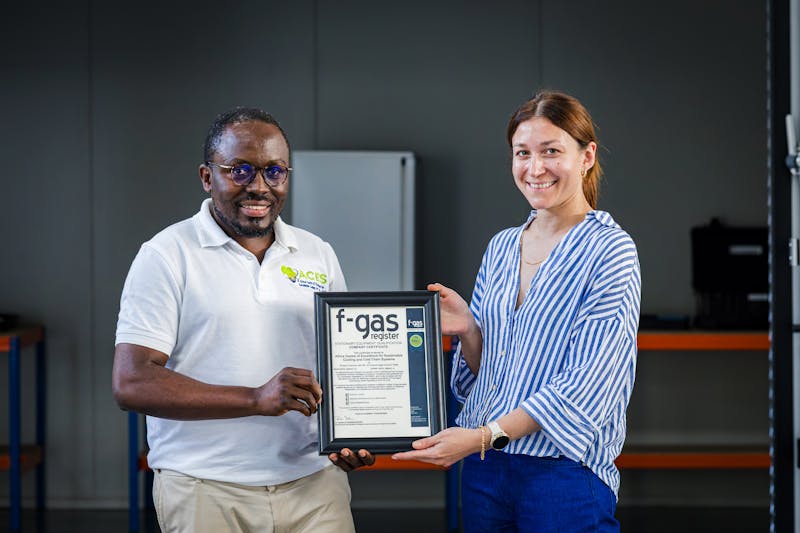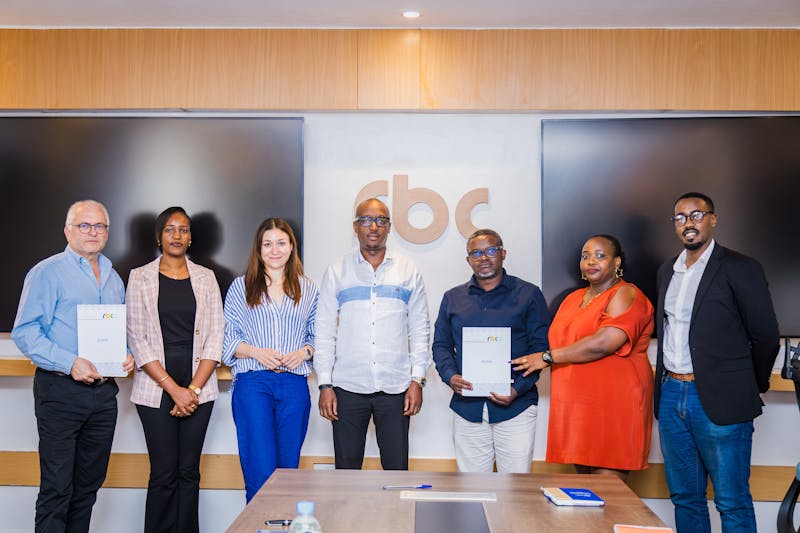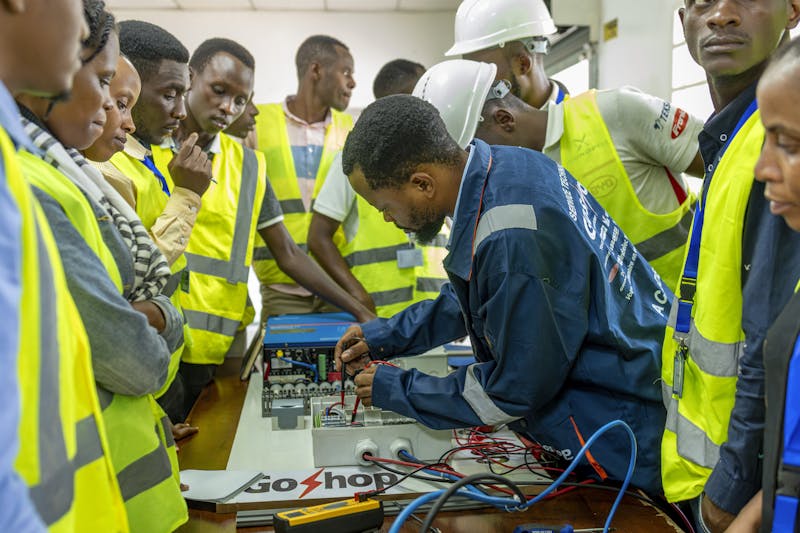National Landscape Cooling Needs Assessment
For governments to equitably and sustainably meet their populations’ cooling and cold-chain needs
Summary
The National Landscape Cooling Needs Assessment tool (along with a Community Cooling Needs Assessment) has been developed by the Centre for Sustainable Cooling in collaboration with academic partners across the UK, EU, Africa and India.
The system-of-systems approach to cooling and cold-chain provision necessarily starts with a comprehensive understanding of the need. This extensive experience has informed the development of a refined process for undertaking national and community-level cooling and cold-chain assessments.
Objectives Of The Tool
For governments to equitably and sustainably meet their populations’ cooling and cold-chain needs, they must first understand and quantify both current and future needs across sectors, including food, health and thermal comfort. Underestimating the scale of cooling and cold-chain needs risks a lack of ambition in policy, infrastructure, and technological development, which could have significant social, economic, and environmental consequences.
The National Landscape Cooling Needs Assessment tool is designed to gather insights into the current state of cooling and cold-chain availability and access at a national level - a necessary first step to designing a sustainable and resilient cold-chain system. This framework identifies key dimensions for understanding the sector, including:
Current demand, need and supply capacity,
Key drivers, opportunities, and barriers to meeting unmet need
Economic opportunities, such as maintaining food quality and ensuring food safety, reducing loss, value-addition, and enabling access to distant markets.
It also sheds light on food and vaccine losses due to inadequate cold-chain services and highlights vulnerabilities caused by service gaps. Additionally, the framework considers the procurement of cooling and cold-chain equipment and materials.
The framework will allow governments, policymakers, and key stakeholders to gain a deeper understanding on:
The current cooling and cold-chain needs across sectors at the national level.
To what extent have these needs are being met.
Future cooling and cold-chain needs and opportunities.
The gap between the current and future cooling and cold-chain needs.
The effect of different drivers on cooling and cold-chain demand.
The barriers and risks associated with cooling and cold-chain deployment.
The initial assessment report generated through this framework will serve as a guide for developing comprehensive research designs, enabling a thorough understanding of national cooling and cold-chain needs and opportunities.
Accessing The Tool
We are currently finalising the delivery method for this Needs Assessment. Updates will be provided here in due course.






